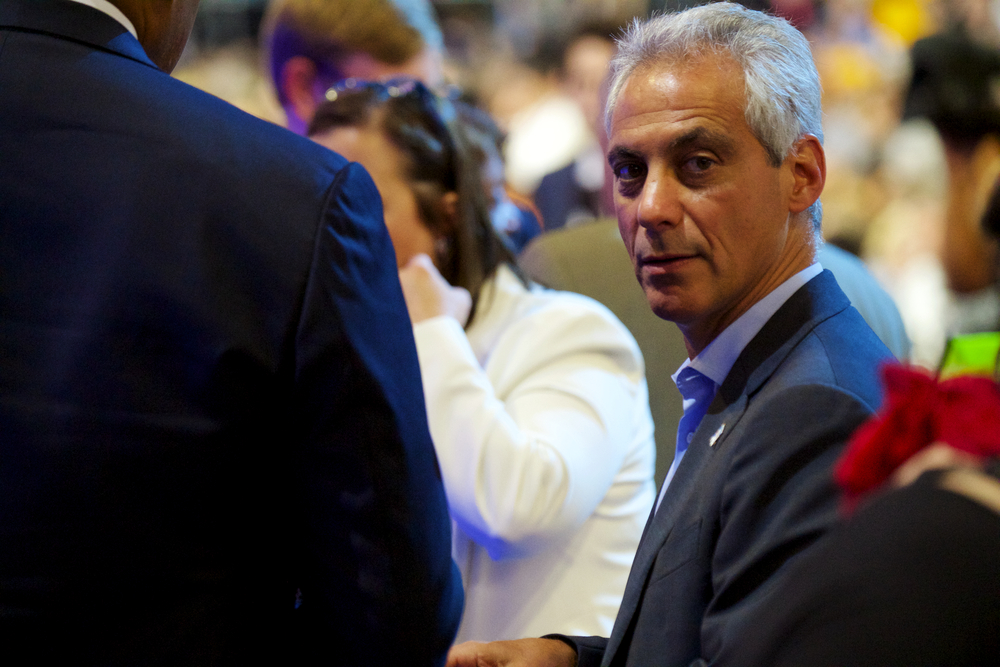strategies for treatment, as well as support services such as transportation, counseling, and assistance navigating the intricacies of the health care system.
The Chicago Department of Public Health (CDPH) will be managing the distribution of the funds, hosting training sessions and providing educational materials to help community organizations utilize the best practices of opioid addiction recovery treatment.
These steps follow the blueprint laid out by the Chicago and Cook County Task Force on Heroin, which issued its final report in October 2016. Additional programs will help overcome the issue from different angles; a pilot program with the Chicago Police Department will ensure that low-level drug offenders are diverted to treatment in lieu of arrest and an agreement with drug manufacturer Pfizer will establish limits for the marketing of opioids.
In addition to these measures, the city’s department of Business Affairs and Consumer Protection (BACP) and the CDPH have partnered to announce a new licensing process for individuals who promote or market opioids or other prescription drugs. The licensing process will include mandatory ethics training, continuing education classes, and transparency and disclosures regarding communication they may have with health care professionals.
















